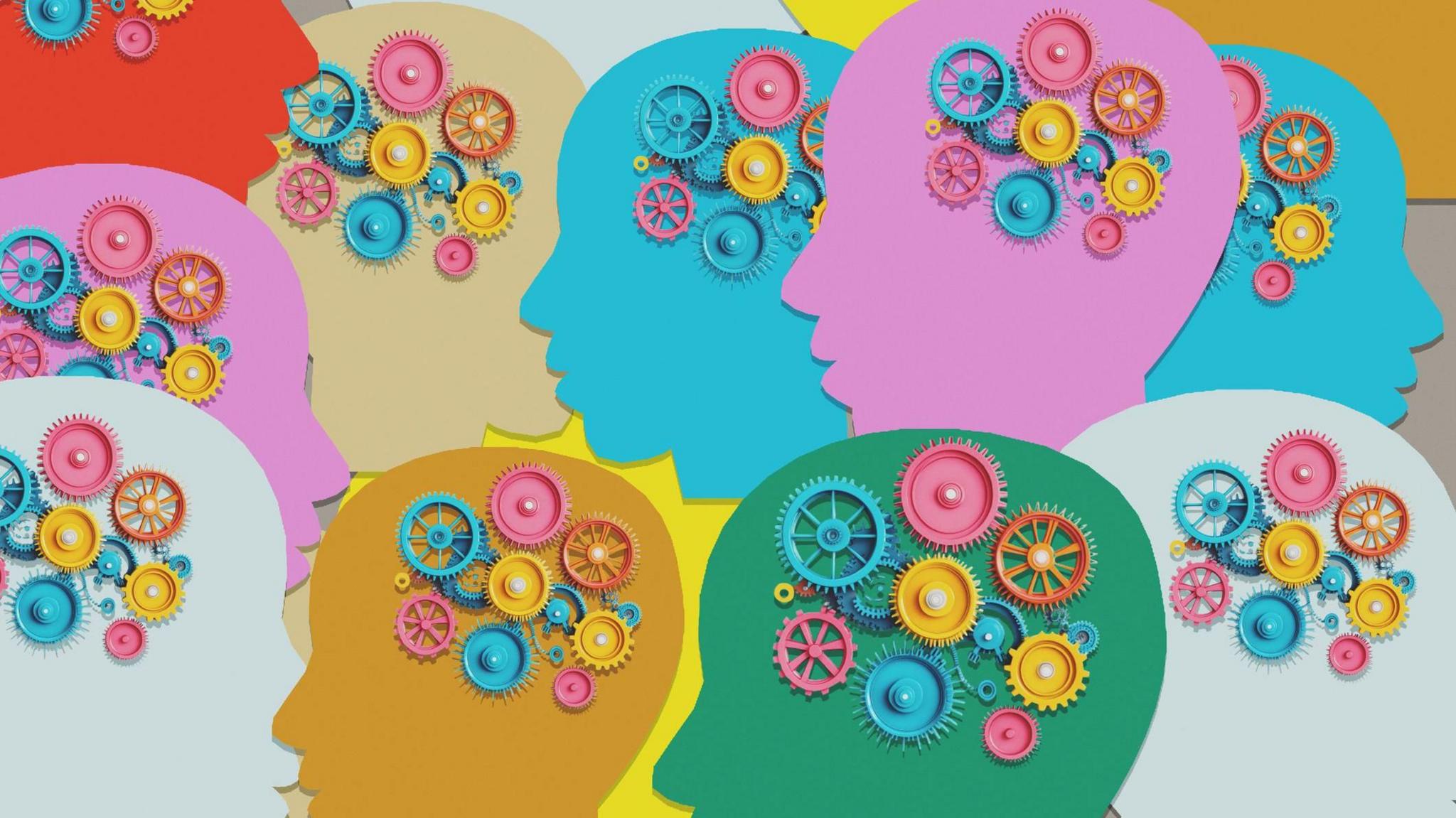Instagram sisters raise neurodiversity awareness
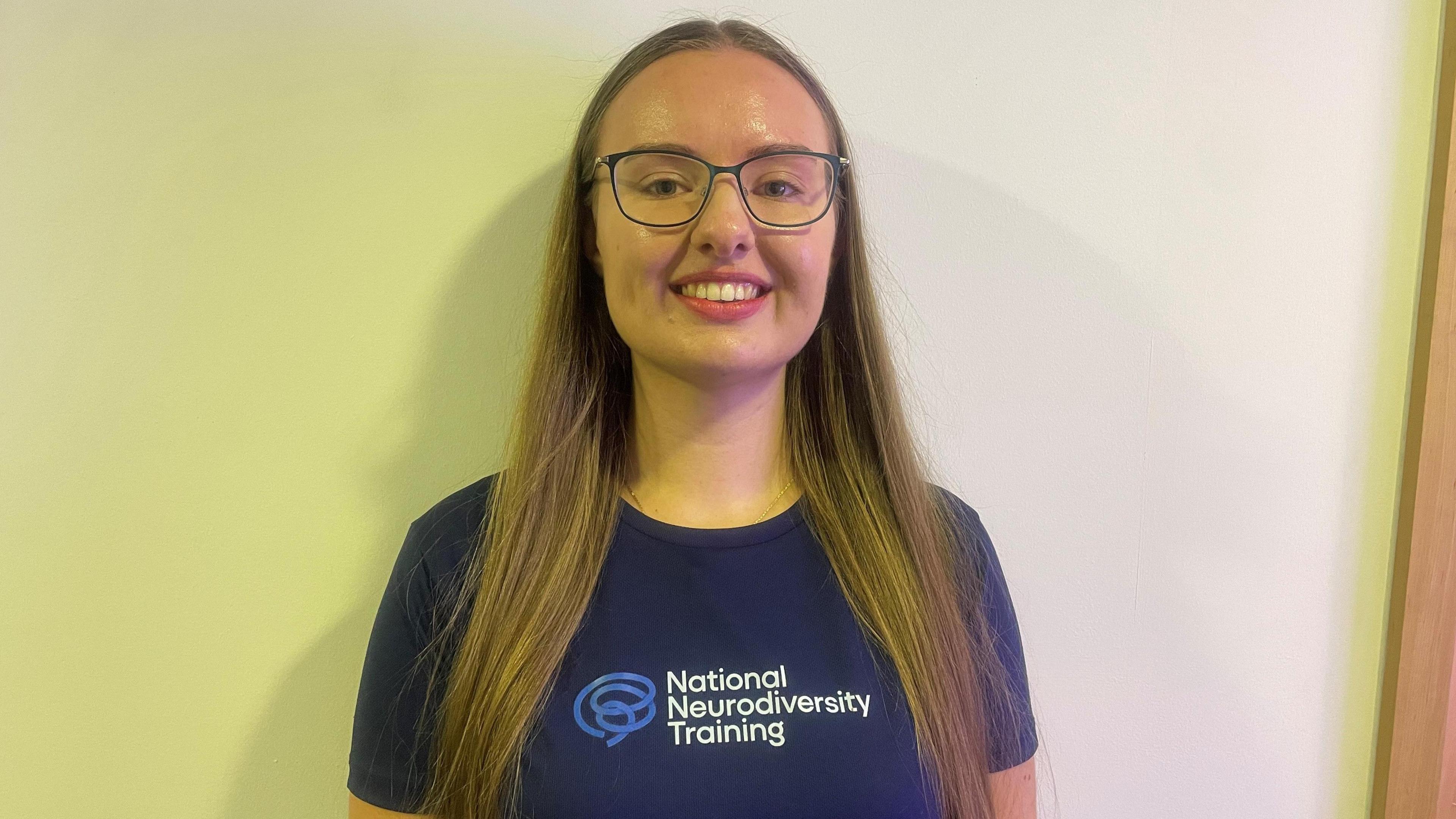
Iveta Pudilova founded National Neurodiversity Training with her sister
- Published
Two sisters have been supporting people living with neurodiversity and helping educate others through their training company.
Iveta Pudilova, 24, discovered she was neurodivergent after sister Vera was diagnosed with autism.
"I grew up non-verbal. I couldn't speak until I was about five years old and even now I experience verbal shutdown. So verbal communication can be a really difficult challenge," Iveta said.
In 2019, Vera started documenting her experiences through drawings and reflections on Instagram. Iveta helped and the Birmingham sisters went on to found the National Neurodiversity Training company last year.
By May, the company had delivered neurodiversity training to seven organisations and 350 people, helping them to understand how to better support employees.
Neurodivergence is an umbrella term that includes a number of conditions including autism spectrum disorder, attention-deficit hyperactivity disorder and dyslexia.
Iveta said her sister Vera's Instagram reflections had not been intended to go viral, but her take on life gained unexpected traction.
She explained her sister was "a very creative person" who made "content illustrations about her experience of being diagnosed... to connect with other autistic people".
Iveta joined her and added: "We started an e-commerce [initiative], selling communication products like badges and cards, because a lot of neurodivergent people are non verbal."
'More productive'
Badges and cards have helped neurodivergent people express themselves in public.
One design reads: "I wear noise-cancelling headphones but I can still hear you."
Iveta said they had started e-commerce work "to empower other neurodivergent people".
However, she added "the lack of neurodiversity awareness and support is impacting everyone, including companies, and so we transitioned to delivering neurodiversity training".
Their company now works with organisations including the NHS and is behind training delivered in tech firms, universities and local government.
One project, in partnership with Birmingham Newman University and the NHS, involved training psychological and wellbeing practitioners to better support autistic patients.
'Looking to leave'
"What we found is that neurodiverse teams are about 30% more productive when they have the right support," Iveta said.
"But 50% of neurodivergent staff are... looking to leave their employer because of a lack of support."
She said in the work with the NHS, they had addressed "diagnostic bias", which she explained was essentially when a practitioner diagnosing someone "might have personal biases".
The company was invited to deliver staff training "on recognising their own biases, addressing them, but then also tailoring their therapy services and support to their autistic patients".
Iveta added: "In the last year we've seen kind of the corporate world take up neurodiversity a lot more because there's more demand both internally, and [from] society pressures."
Get in touch
Tell us which stories we should cover in Birmingham and the Black Country
Follow BBC Birmingham on BBC Sounds, Facebook, external, X, external and Instagram, external.
Related topics
- Published22 May
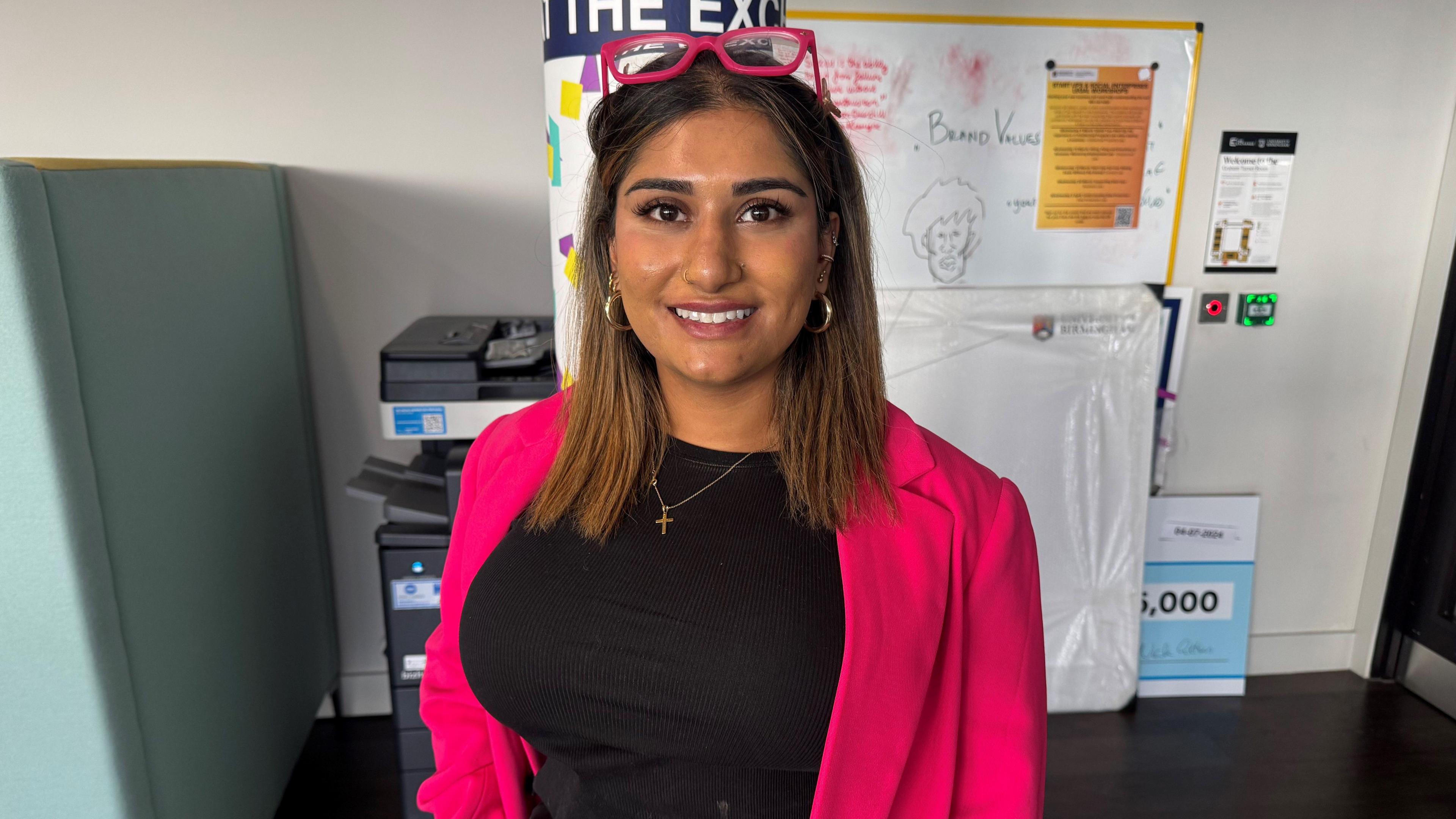
- Published3 May
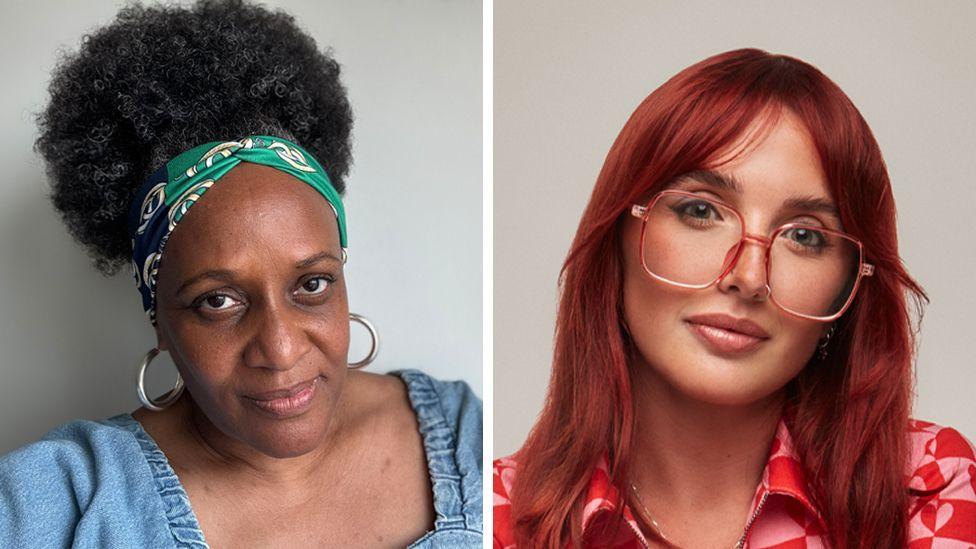
- Published24 May
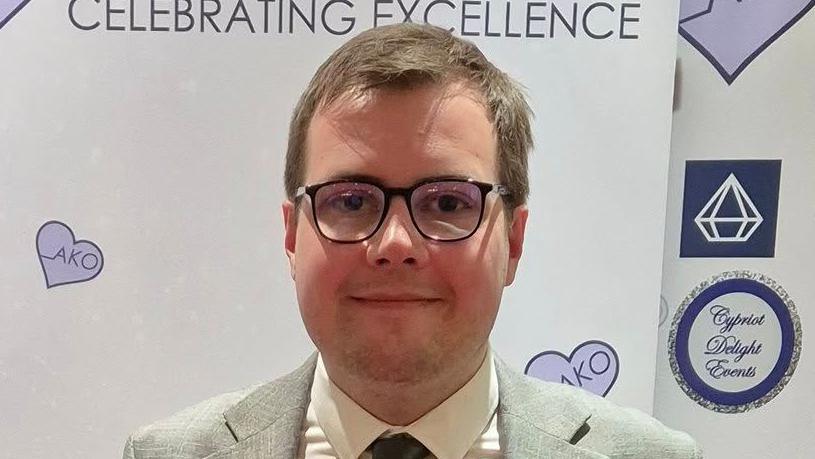
- Published17 March
